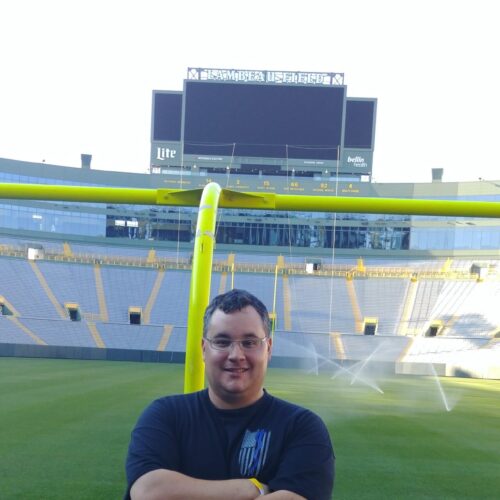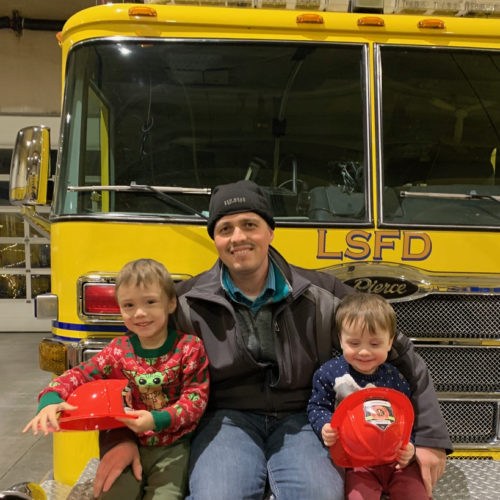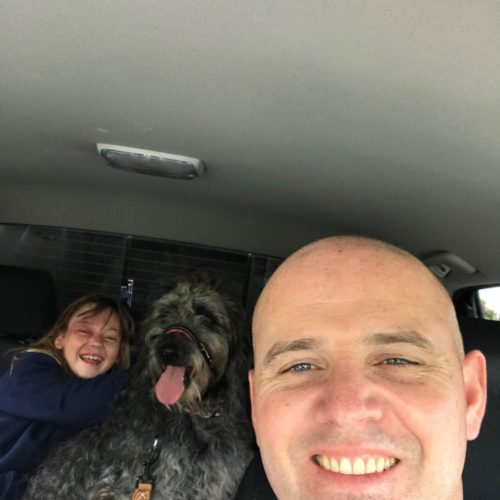James passed away on September 13, 2017 from complications due to testicular cancer. His story was shared by his sister Ashley.
James was an athlete and particularly loved hockey.
He played all through high school and did travel teams in the summer. When he started at Roger Williams University, he remained active by going to the gym all the time and joining the club hockey team.
James started to notice some health changes. He was weak and tired and lost his appetite. At first he brushed it off—he was a young, athletic guy, and didn’t think the subtle symptoms could be anything serious.
When he didn’t get better after a few weeks, he knew he had to act, and went to the ER. They couldn’t find anything wrong and sent him home.
James started to feel a little better, but then the sickness came back. He went to the ER again and told them he didn’t feel good. They thought it might be a thyroid issue, but again sent him home with no answers.
The next time he started to feel sick, James also had back pain and vomiting. The local hospital finally did an MRI which showed tumors on his liver.
“Remember that no one knows you better than you know yourself—be your own advocate.”
That’s when his parents immediately took him to a Boston hospital. He was admitted into the ER for testing, and an ultrasound detected an additional tumor in his groin and lungs. He needed to start treatment right away.
James endured 3 years of treatment for his testicular cancer—chemotherapy, stem cell treatment, multiple brain surgeries and trial medications. The cancer spread to his liver and brain.
Between treatments, he did well—working, hanging out with friends and family, and continuing with school. James completed his college degree.
James never wanted any extra attention. But he did want to make a difference in the way people think about testicular cancer.
His advice is to know your body, and follow your instincts. Go to the best hospitals you can, and have a team of doctors that you feel listens to you and can take care of you.
Remember that no one knows you better than you know yourself—be your own advocate.
Symptoms
- weak
- tired
- loss of appetite








